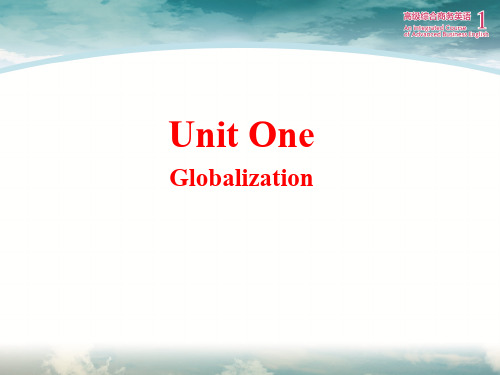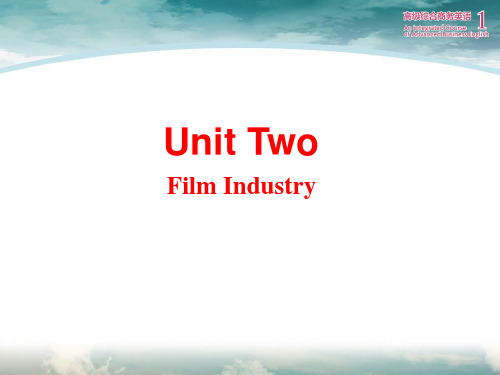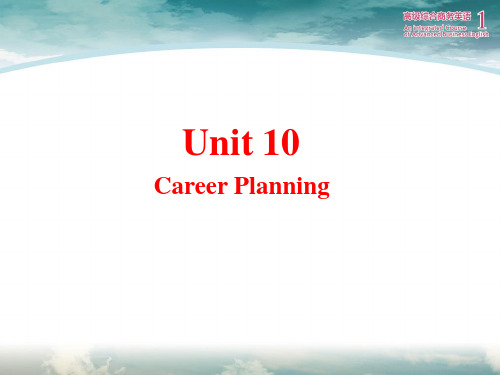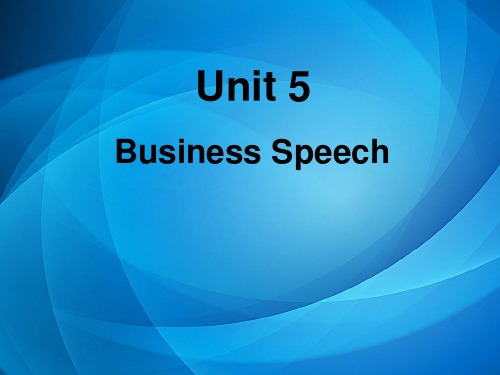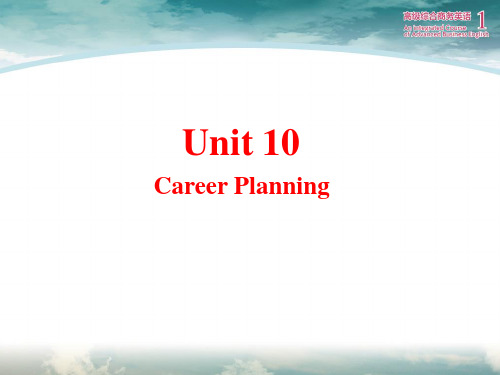高级综合商务英语1 彭青龙 Unit 5 Creativity and Innovation
- 格式:ppt
- 大小:10.01 MB
- 文档页数:69
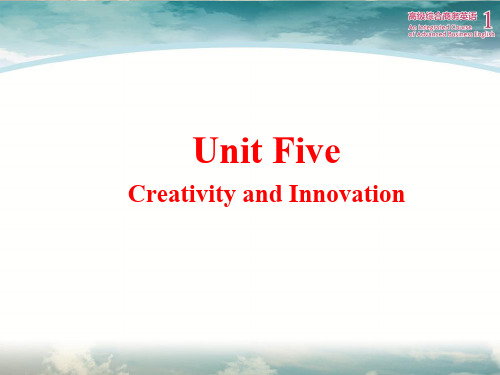
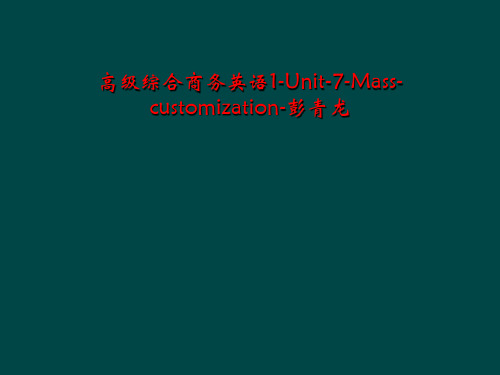
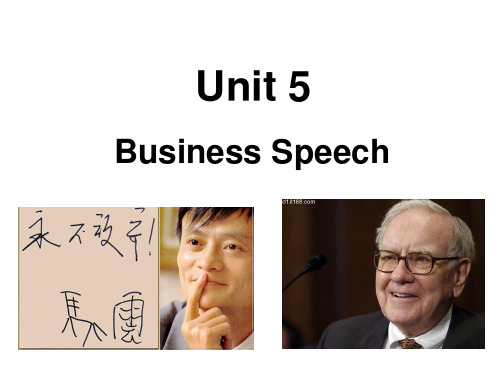

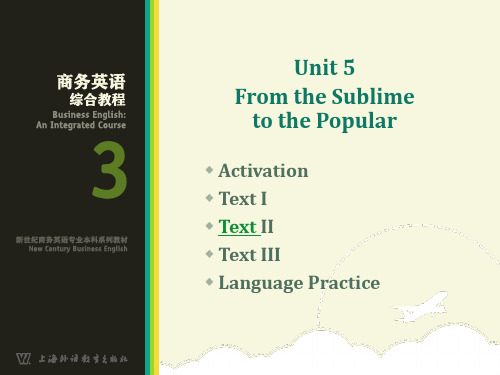
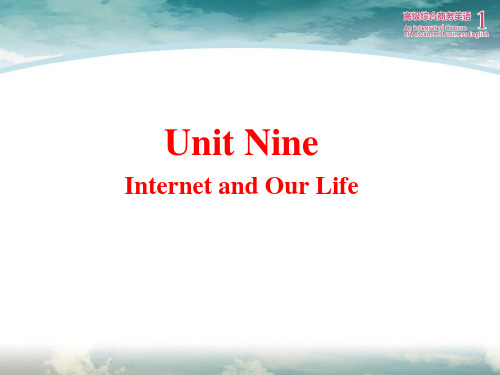
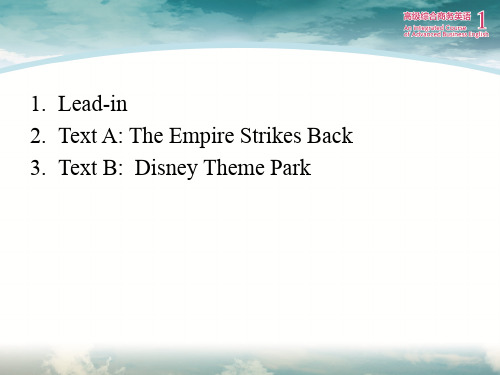
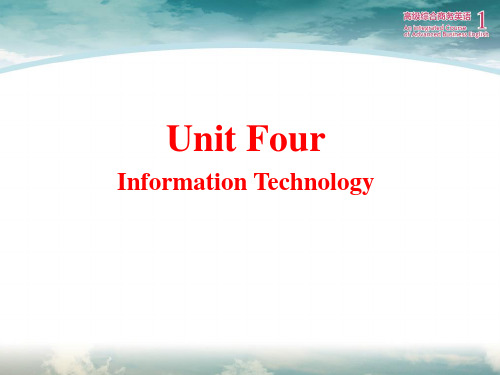
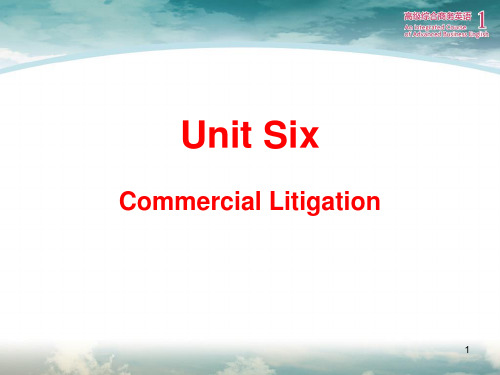

高级商务英语系列教材总主编:叶兴国王光林高级综合商务英语1主编:彭青龙(习题答案)外语教学与研究出版社Unit 1 GlobalizationLead-in1. Quiz1) B 2) C 3) D 4) A 5) A2. A Mini CaseSuggested answers:●As Zara continues to expand, it might have to open other distribution centers onother continents. Language, culture, and work relations may vary significantly from the closely-managed operation currently in place in Spain. The company may run into more specific challenges in accommodating customers‘requirements due to a lack of cultural sensitivity. Zara‘s expansion globally may pose the challenge of moving from a more centralized management style to a more global style.●Lorena needs to ensure that she has a truly international team in place withmembers from both multilingual and multicultural background; draw up a plan on how global logistics will support global expansion; start a succession plan and train new logistics managers who could be ready to take on overseas responsibilities; and encourage store managers to include suggestions on cultural specifics which may help in making the final product and brand expansion successful.Text AI.Reading Comprehension1.Determine whether the following statements are true or false. Write a T fortrue, an F for false, and an NG for not given.1) T 2) F 3) T 4) F 5) F 6) T 7) T 8) F 9) T 10) NG2.Essay Questions1)The modern multinational companies have had passed through three phases. Firstcame the 19th-century ―international model‖, with firms based in their home country and selling goods through overseas sales offices. This was followed by the classic multinational firm in which the parent company created smaller versions of itself in countries around the world. And now it has been replaced by a single integrated global entity in which the firm will move people and jobs anywhere in the world, based on the right cost, the right skills and the right business environment.2)The big attractions from emerging markets are low-cost labor, highly skilledpersonnel, and a chance to cooperate with the government as a potential customer.3)They are lacking the management talents who can practice and support businessoperating models that will allow them to generate profitable growth in more mature markets over the long term.4)The single biggest challenge facing Western multinationals is the lack ofemerging-market experience in their senior ranks. Moreover, multinationals have great trouble retaining the managers they do have in emerging markets.―Well-trained, good, honest people are scarce in emerging markets. Multinationals are better at training these people than emerging-market companies, which prefer to poach them once they are trained.‖II.Blank-filling: Complete the following sentences with the words given in the box. Change the form when necessary.1) cutting-edge 2) commoditized 3) aggressive 4) forge 5) benchmark 6) blueprint 7) expatriates 8) deploy 9) ferocious 10) substantial III.Paraphrasing1.Rewriting: Rewrite the underlined part of each sentence in your own words.1) ―In the 97 years of the company‘s history, never had a particular kind of product or merchandise been managed outside the U.S.,‖he says excitedly, noting that ―Latin America now reports to Shanghai.‖2) But the assault on its services business led by a trio of Indian outsourcing upstarts, Tata Consulting Services, Infosys and Wipro, posed a big threat to the field that might be the main sources of growth for the company as expected by Mr. Palmisano.3) In many emerging markets the most attractive potential customer is the government, because of the government‘s urgent needs to improve the infrastructure facilities in a wide range, from the mobile telephone networks to roads, airports and ports, energy and water supply.4) A 2007 study of China‘s top 200 publicly traded companies found that it is still difficult even for the leading companies in China to compete with those global giants.5) American multinationals now have a ―ferocious interest in attracting non-Americans to the board‖, but they can find only a few qualified executives from the European countries, not to mention those from emerging markets.2. Sentence Transformation: Complete the following sentences based on the structures given.1) Because of the fact that hot labor markets in emerging markets are causing extremely high turnover rates, every big multinational is aiming to win the ―war for talent‖ and taking it as one of the most urgent issues.2) It is believed that as a big multinational company it enjoys advantages in recruiting and retaining talented managers than the local competitors.3) Despite the growth of their revenue which increased on the back of China‘s continued economic growth, they could only create half of the value of their global competitors.4) No longer the ―young bucks or retirement-posing types‖as they used to be,nowadays the expatriate managers appointed by multinationals to work in emerging markets are generally of a much higher quality.5) Compared with those old multinationals, the firms in emerging markets are typically lacking the depth of management talent, though the founders are often impressive.IV.Translation1.Sentence Translation1) 这一雄心勃勃的策略是对来自新兴市场的激烈竞争做出的回应。
